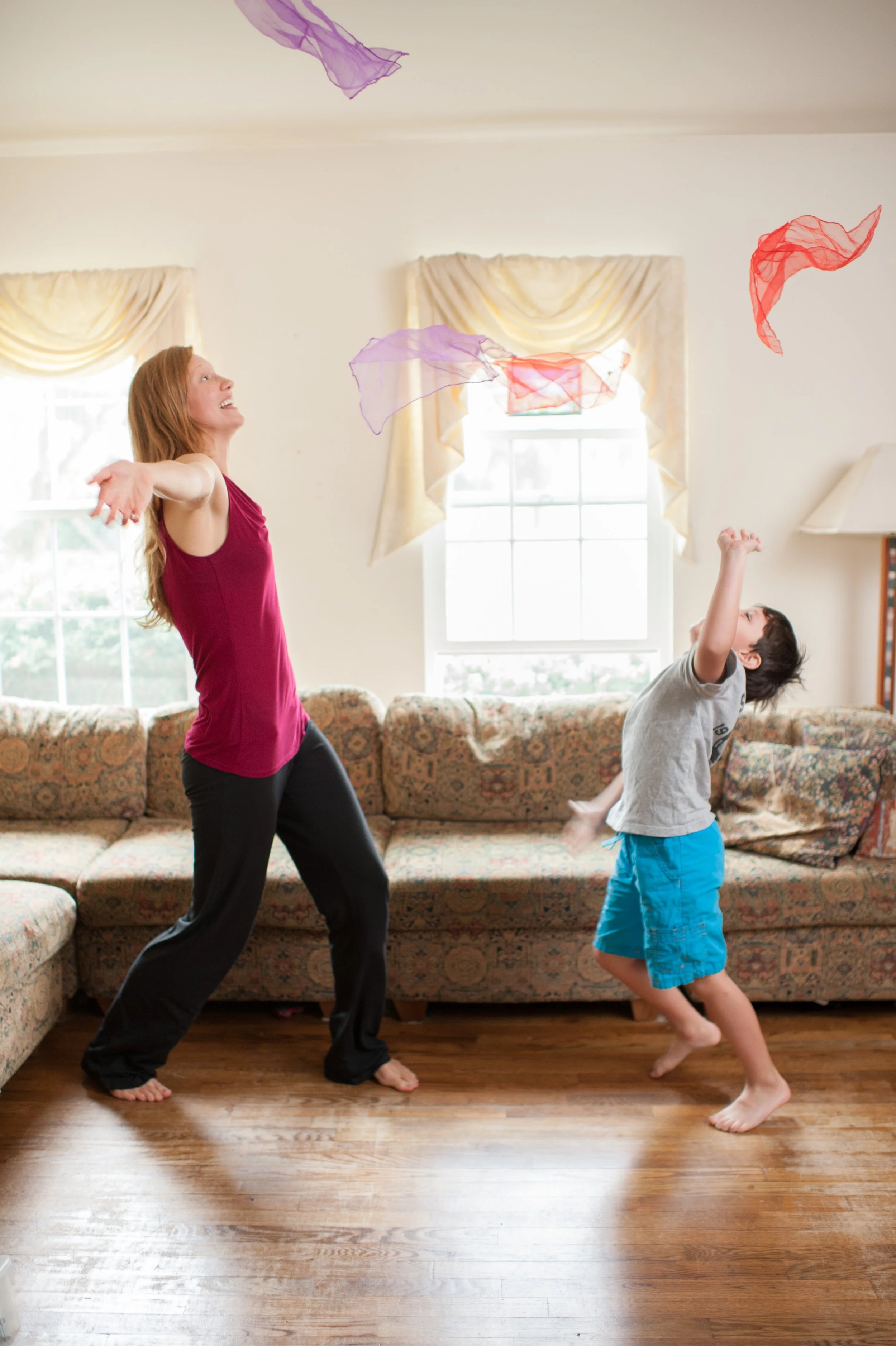Some Signs Your Kid Is Highly Sensitive
First and foremost it’s important to note that highly sensitive kids vary just as all kids vary. Each one has their own flare and personality. Each one’s sensitivity is expressed uniquely based on who they are, what lights them up, what type of environment they grow up in, and how their sensitivity is honored, ignored, or even shunned.
It’s also important to remember that sensitivity is a spectrum and if your child isn’t highly sensitive it does not mean they are a non-feeling machine. They are likely still compassionate, kind and aware of the world around them, but they are not innately conscious of or affected by the world as much as their highly sensitive peers.
We all have the capacity to develop our sensitivity and awareness. But/and, we are also all born in a certain way.
Dr. Elaine Aron began researching high sensitivity in 1991 and continues her research today. Her website and books have been helpful to many, including me, to recognize that high sensitivity is an innate trait - meaning highly sensitive people are born with a more sensitive nervous system and our brains’ work a little different. This innate trait reflects a certain type of survival strategy, that of observing before acting.
Dr. Elaine’s research helps to confirm that being highly sensitive is normal, is not something you can bypass or ignore, and it has value in the larger community.
As someone who has worked with a lot of highly sensitive kids over the years it was interesting to sit down and think of each of them when writing this post. At first glance you may not be able to pick them out of a crowd.
Some are loud, some are quiet.
Some want to connect, some have walls up.
Some want to please and some constantly rebel.
And yet there are also, in my mind, 4 distinctive factors that set them apart.
1. Their senses are heightened.
Highly sensitive kids are aware of sounds, visuals, smells, tactile sensations and/or flavors that many others would overlook.
They notice small changes in any of the above easily and immediately.
This can lead to wonderful and very useful skills in the bigger world, but it often also means sensory information can bother, overwhelm and drain them. Think of the kids whose itchy tags are unbearable, who are distracted by lighting or any small sound when they’re attempting to concentrate, and who can’t relax in certain spaces.
This sensory sensitivity can also make the world seem extra scary to some highly sensitive kids.
2. They notice & take on other people’s feelings.
Highly sensitive kids are in tune with the feelings of others and are the first to notice when someone is feeling off.
This can result in them taking care of others - both other kids and any grownups in their life - because their personal wellbeing feels tied to the feelings of others.
Though this is beautiful to a degree, it can also be a precarious place to live because the feelings of others can easily become too heavy. Carrying and monitoring the emotions of others is exhausting and can lead to meltdowns.
3. They think deeply.
Highly sensitive kids take in so much information and want to process and understand it all.
This often comes out by asking deep and thought-provoking questions and taking time to consider all the different angles of a situation.
Some sensitive kids will be more tentative as a result of this, wanting to know before they act. Though this is not always the case, as some sensitive kids will be acting from a place of over-stimulation and feel unable to fully control their actions. Even in these cases they are still thinking deeply and often worrying about any behaviors they can’t control.
4. They don’t just care, they CARE.
Highly sensitive kids are passionate about things many others think are not a big deal. They then take steps to fix, help or protect whatever it is they care about. A small example of this in my own life was a determination to remove a nail from a tree because I was worried the tree felt pain and I could relieve that pain if I removed the nail.
This care can result in incredible gifts to the world - the environmental activist Greta Thunberg comes to mind - but if what they care about is not easily fixed, helped or protected, then they will likely be very hard on themselves and tend towards burnout.
Without support, the above sensitivities and passion may also lead to controlling or anxious behaviors - wanting everything to be ‘just so’ in order to feel safe and at ease.
As you can see, just as with anything else, there are gifts and challenges to being highly sensitive, but hopefully this gives you some insight into the trait.
And if you are thinking, this sounds like my kid, then I recommend hopping over to Dr. Elaine Aron’s website and going through her more thorough questionnaire.
Please also check out my next post - Ways To Support Your Highly Sensitive Kid - as it shares tips and tools from my expertise and experience.
Lots of love!
-Kelsey


